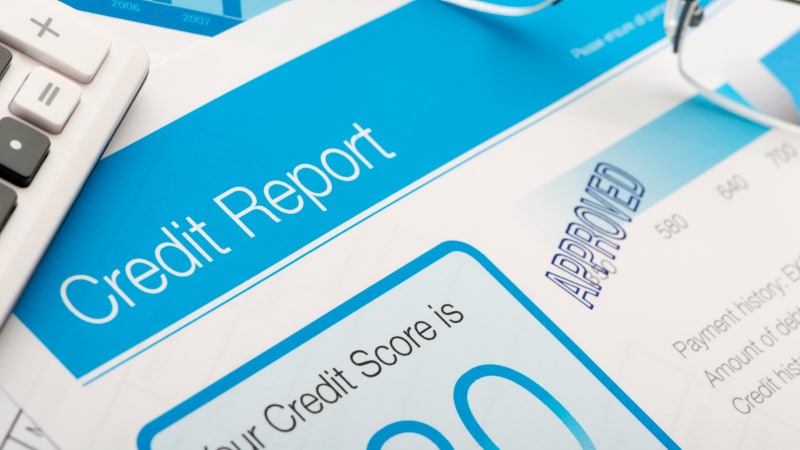What is a credit bureau?

Quick insights
- Credit bureaus collect, analyze and distribute information about people’s credit.
- The three major credit bureaus are Experian®, Equifax® and TransUnion®.
- Each credit bureau has its own algorithm that analyzes your data and compiles it into a credit score.
Credit bureaus are organizations that collect, analyze and distribute information about people's credit. In the United States, there are three major credit bureaus that do most of the reporting, and the credit reports they provide can have a big impact on important financial matters, such as applying for a loan, opening a new credit card or purchasing property.
Everyone is entitled to one free credit report from each of the credit bureaus every 12 months. But what else is there to know about the credit bureaus? Understanding how the credit bureaus work may help maintain or improve your financial health.
What are the three credit bureaus?
The three major credit bureaus are Experian®, Equifax® and TransUnion®. Though all of them provide credit reports, they differ in what information they collect and how their algorithms weigh this data to produce a credit report and credit score. As a result, you may find your credit score differs slightly depending on which credit bureau you use.
How do credit bureaus work?
Each of the three credit bureaus has its own algorithms that analyze your data and compile it into a credit score. Overall, however, they use the same general factors to determine what your credit looks like.
Personal information
This includes your legal name (or any previous names), your current and previous addresses, your Social Security number, your date of birth and your current employer.
Account behavior
Credit bureaus review your payment history. They'll assess what you currently owe on your credit cards and loans, and whether those accounts are in good standing. They'll also look at your approved credit limits.
Public information
The credit bureaus also assess certain financial events, like bankruptcies or liens, which are publicly available.
What's not collected
Credit reports don't consider criminal records or assess your current income. They also won't look at your bank account balances, transactions, medical history or education level.
When you apply for credit, the lender will request your credit report from one or more of the credit bureaus. This might include credit card companies, phone or utility companies, insurance agencies or government bodies responsible for assessing candidates for financial assistance.
Which credit bureau is used the most?
You may be wondering which of the credit bureaus is used the most. There is no one answer because each of the bureaus uses different methods of collecting and reporting information, and the number of individuals using each of the different bureaus fluctuates over time.
The bureaus collect this information from various sources, including banks, credit card companies, collection agencies and auto financing businesses. They will also use public records, like property records, to compile their full credit reports.
Rather than attempting to determine which credit bureau is used the most, you may want to take advantage of the reports provided by all three. This way, you can compare and contrast the different reports to get a holistic view of your credit health.
Which credit bureau does Chase use?
Chase Credit Journey® gives everyone (even those who aren't Chase customers) access to their credit score.
With this program, you can view your credit score any time; it's updated weekly and will keep you informed about what's changed over time. Chase Credit Journey also provides identity monitoring services, so you can get notified if your personal data is compromised through a data breach.
In summary
Your credit report is important for your financial well-being. Credit bureaus play a big role in how your credit is assessed and reported and understanding how they work is an important step toward helping you protect and improve your credit score.



